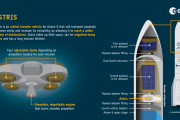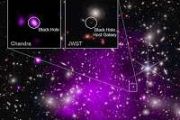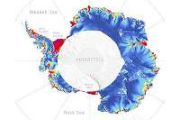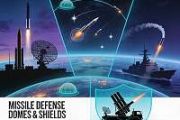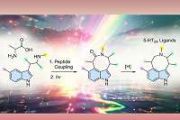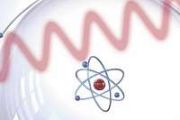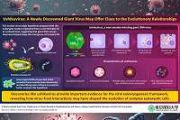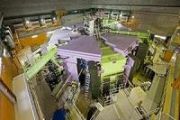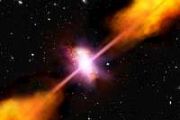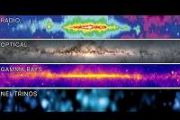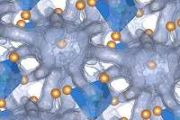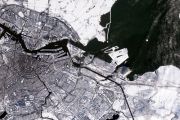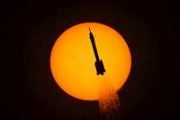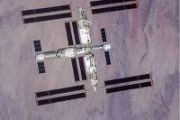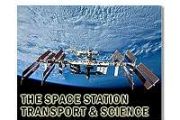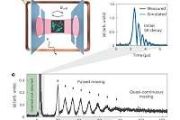
Copernical Team
Development of the demonstration satellite HIBARI with variable shape attitude control
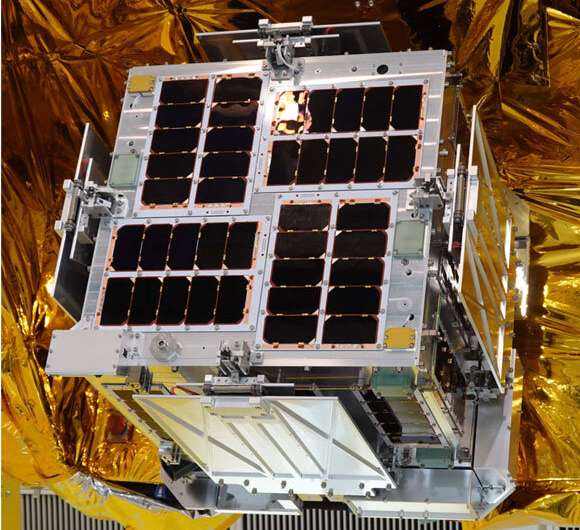
A research team led by Professor Saburo Matunaga of the Department of Mechanical Engineering, School of Engineering, Tokyo Institute of Technology (Tokyo Tech), developed a 50-kg-class technology demonstration microsatellite called HIBARI that denotes "skylark" in English. The purpose of this satellite is the on-orbit demonstration of Variable Shape Attitude Control (VSAC) technology where attitude and orbit are controlled using a variable structure, and the satellite adjusts the attitude via the recoil from the movement of the four movable solar cell paddles. By deploying and retracting the paddles, atmospheric drag can be adjusted and used for orbit control.
HIBARI was selected as a demonstration theme for Japan Aerospace Exploration Agency (JAXA)'s Innovative Satellite Technology Demonstration (ISTD), and it will be launched on Epsilon-5 sometime after November 2021 from the Uchinoura Space Center. The satellite will be launched into a sun-synchronous orbit at 9:30 Local Sun time at Descending Node with a perigee altitude of 547 km and apogee altitude of 565 km for demonstrating VSAC technology in space.
Image: Mind the stars
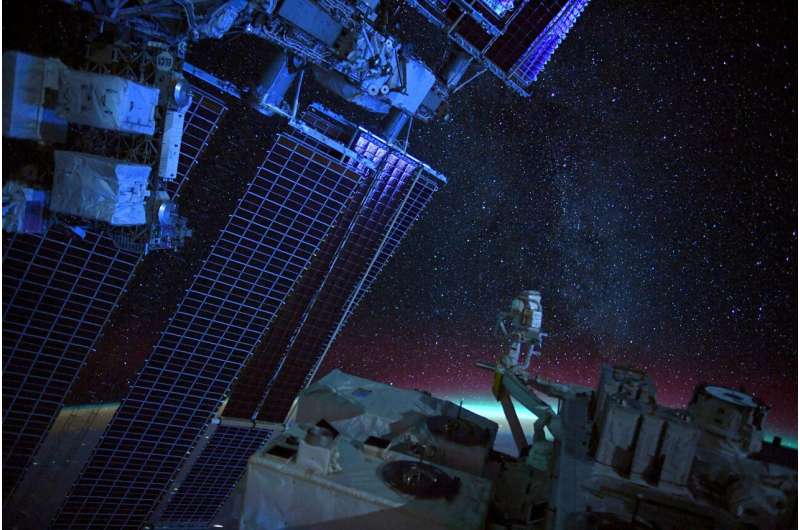
Space can be a cruel mistress, but she is a beautiful one.
As we await the launch of ESA astronaut Matthias Maurer and the return of Thomas Pesquet, let us marvel at the fact that humans live and work in space, an environment so inhospitable to us.
As Thomas nears the end of his six-month mission Alpha on the Space Station, he took this image, noting that living on the International Space Station "really feels like flying on a spaceship into the cosmos… or wait… that's what we do."
While astronauts are often pointing their cameras down to Earth, Thomas looked up for this image. "When you let your eyes adapt to the night, you start seeing millions of stars and it's amazing…there's also a lot of beauty in the cosmos itself, it's just harder to see (and to photograph) at first."
Thanks to collective human intelligence and cooperation, the International Space Station has been a reality for over 20 years, hosting astronauts who run experiments and monitor our planet from above. While launches are quite routine these days, delays happen but that's the space business.
Smart focus on Mars

From panoramas to close-ups, from 3D maps to a wheel selfie, the Earth-bound twin of ESA’s Rosalind Franklin rover is testing the wide range of photo settings that will deliver the greatest science possible during the ExoMars mission on the Red Planet.
ESA helps start-ups reach for the stars
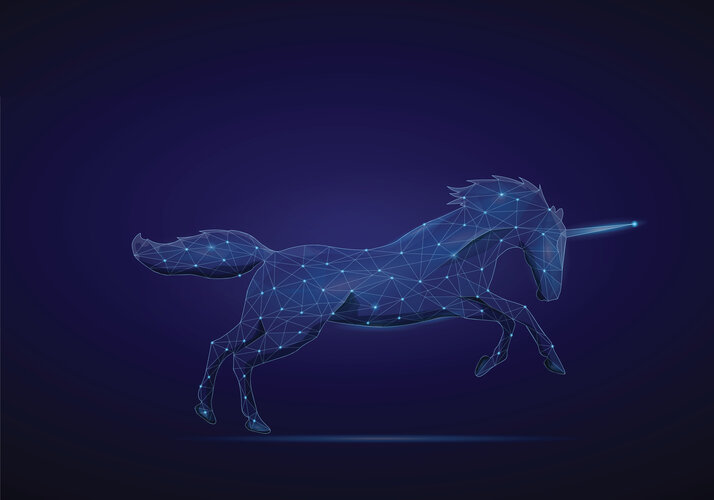
Four entrepreneurial small companies have won the chance to learn from senior figures at ESA and satellite manufacturer Thales Alenia Space, following an ESA-backed competition.
Researchers begin to understand correlation of schumann resonances and dust storms on Mars
 The interaction of dust particles in Martian dust storms may cause electric fields that are powerful enough to have charges that induce standing electromagnetic waves known as S?humann resonances. This is the conclusion drawn by physicists from HSE University, the Space Research Institute, and MIPT. The paper was published in Icarus journal.
Mars has been a focus of active study over the l
The interaction of dust particles in Martian dust storms may cause electric fields that are powerful enough to have charges that induce standing electromagnetic waves known as S?humann resonances. This is the conclusion drawn by physicists from HSE University, the Space Research Institute, and MIPT. The paper was published in Icarus journal.
Mars has been a focus of active study over the l Next Generation Very Large Array strongly endorsed by Decadal Survey
 The Astronomy and Astrophysics Decadal Survey (Astro2020) of the U.S. National Academy of Sciences has published its report and the Next Generation Very Large Array (ngVLA) received high priority for new ground-based observatories to be constructed during the coming decade. The report, in which ngVLA shared second ranking among ground-based projects, was the culmination of a lengthy process aime
The Astronomy and Astrophysics Decadal Survey (Astro2020) of the U.S. National Academy of Sciences has published its report and the Next Generation Very Large Array (ngVLA) received high priority for new ground-based observatories to be constructed during the coming decade. The report, in which ngVLA shared second ranking among ground-based projects, was the culmination of a lengthy process aime New great observatories, including Lynx, top ranked by Decadal Survey
 The 2020 Decadal Survey for Astronomy and Astrophysics has recommended a new series of three Great Observatories - or space-based telescopes - as a top national priority for the future of space astrophysics.
The Lynx X-Ray Observatory is included as part of this vision. Dozens of scientists and engineers at the Center for Astrophysics | Harvard and Smithsonian teamed with colleagues around
The 2020 Decadal Survey for Astronomy and Astrophysics has recommended a new series of three Great Observatories - or space-based telescopes - as a top national priority for the future of space astrophysics.
The Lynx X-Ray Observatory is included as part of this vision. Dozens of scientists and engineers at the Center for Astrophysics | Harvard and Smithsonian teamed with colleagues around Next space telescope should exceed James Webb' s ability to study planets
 NASA should begin plan for a massive new space telescope - one bigger than the largest telescope in history, the James Webb Space Telescope, according to a report from scientists around the country released Thursday.
"This large strategic mission is of an ambitious scale that only NASA can undertake and for which the U.S. is uniquely situated to lead," according to the National Academy
NASA should begin plan for a massive new space telescope - one bigger than the largest telescope in history, the James Webb Space Telescope, according to a report from scientists around the country released Thursday.
"This large strategic mission is of an ambitious scale that only NASA can undertake and for which the U.S. is uniquely situated to lead," according to the National Academy NASA Statement on Artemis Lunar Lander Court Decision
 NASA was notified Thursday that the U.S. Court of Federal Claims denied Blue Origin's bid protest, upholding NASA's selection of SpaceX to develop and demonstrate a modern human lunar lander. NASA will resume work with SpaceX under the Option A contract as soon as possible.
In addition to this contract, NASA continues working with multiple American companies to bolster competition and comm
NASA was notified Thursday that the U.S. Court of Federal Claims denied Blue Origin's bid protest, upholding NASA's selection of SpaceX to develop and demonstrate a modern human lunar lander. NASA will resume work with SpaceX under the Option A contract as soon as possible.
In addition to this contract, NASA continues working with multiple American companies to bolster competition and comm SIRIUS-21 to simulate flight to Moon starts in Moscow
 International isolation experiment SIRIUS-21 to simulate the flight and landing on the moon started on Thursday in Moscow, a Sputnik correspondent reported from the Institute of Biomedical Problems (IBMP) of the Russian Academy of Sciences.
Six people went on a conditional trip to the moon: Oleg Blinov, an instructor of the Cosmonaut Training Center; Viktoria Kirichenko, a surgeon at the I
International isolation experiment SIRIUS-21 to simulate the flight and landing on the moon started on Thursday in Moscow, a Sputnik correspondent reported from the Institute of Biomedical Problems (IBMP) of the Russian Academy of Sciences.
Six people went on a conditional trip to the moon: Oleg Blinov, an instructor of the Cosmonaut Training Center; Viktoria Kirichenko, a surgeon at the I 
